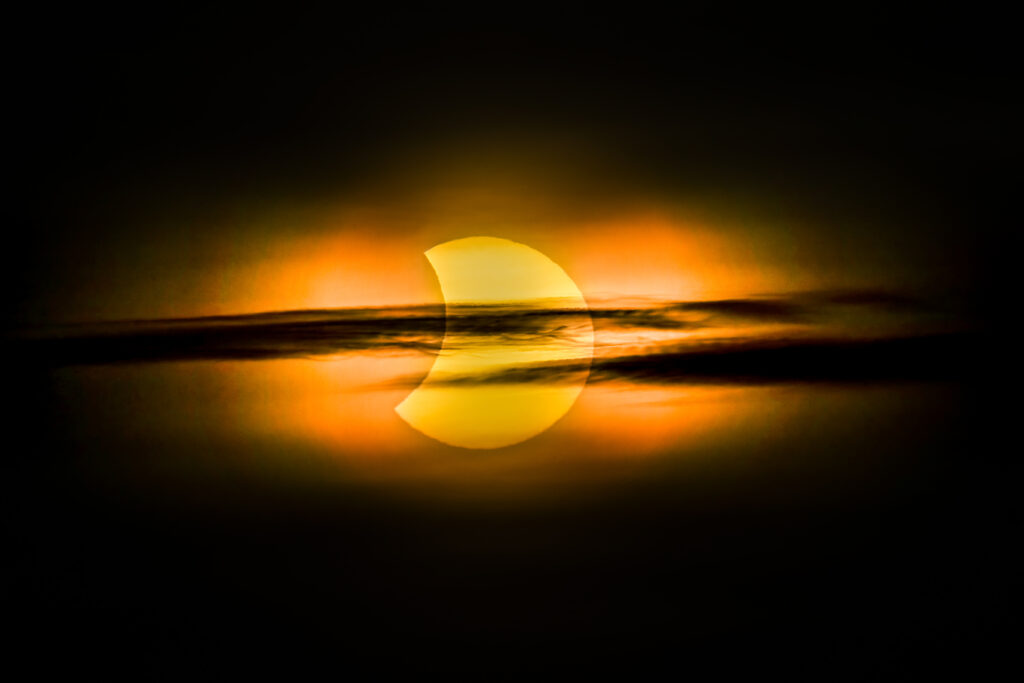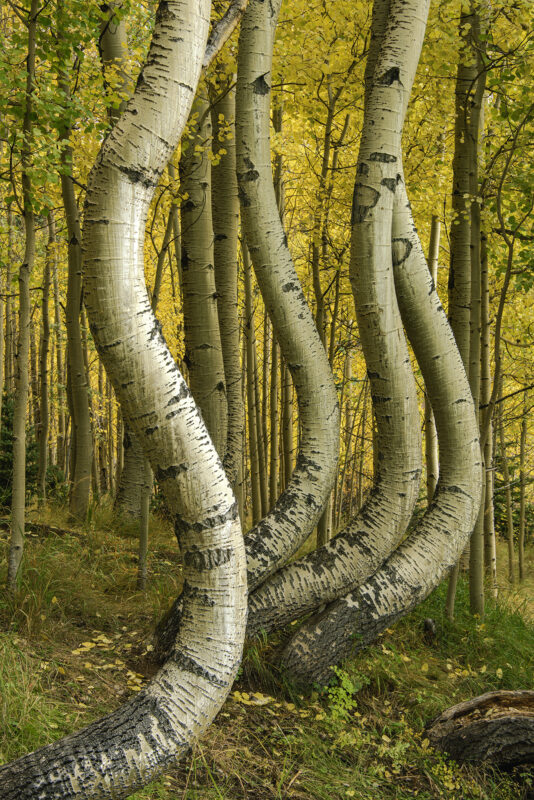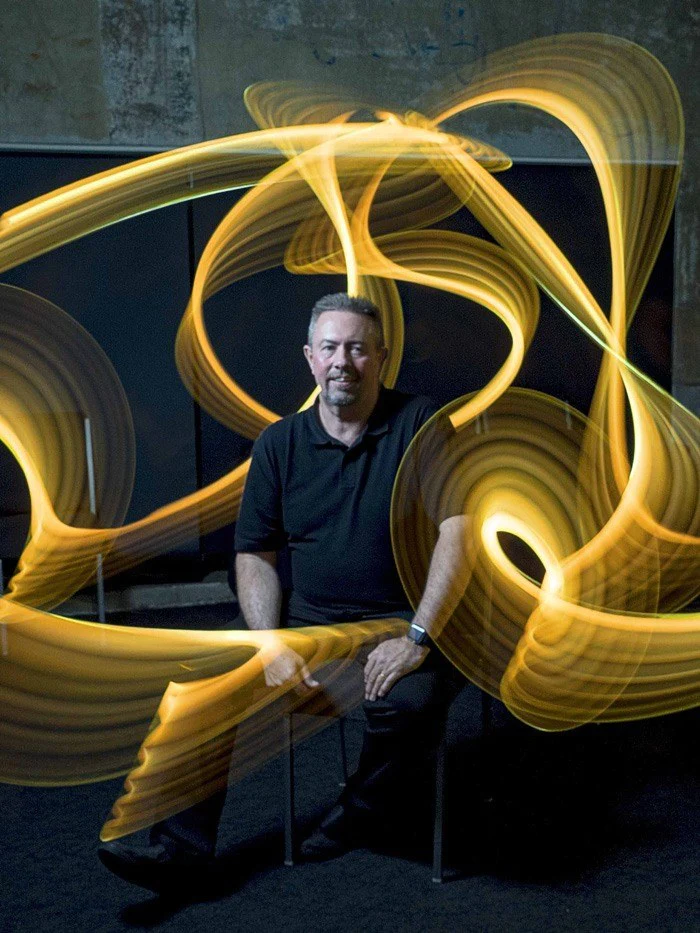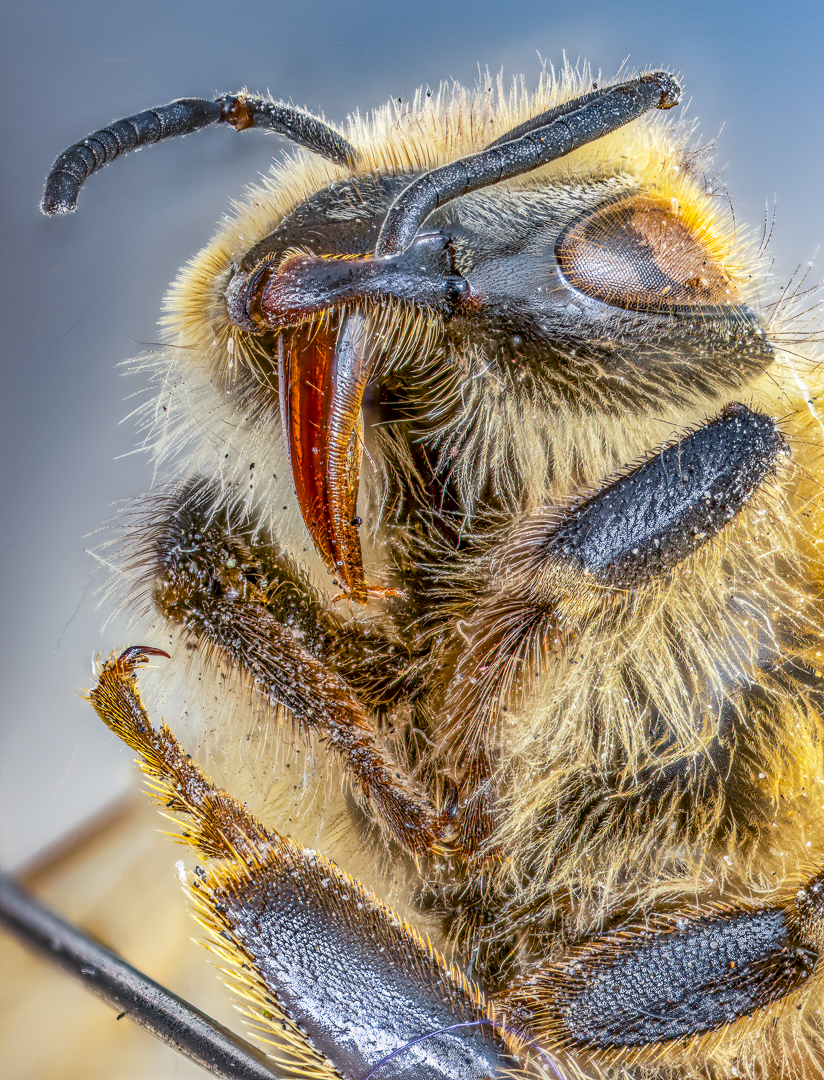It’s 2018. Why are there photographers who are still using film?
If film is dead or dying, then it would follow that film photographers, at some point, should have been considered an endangered species.
Yet, they managed by some twist of fate to survive the global transition to digital photography.
Film is surely an afterthought (or a non-thought) for most people, but there are those who have remained deeply entrenched in the analogue realm, and perhaps more interesting, still others who have recently come to an enthusiastic appreciation of shooting film.
What follows is a brief examination of 3 reasons why, despite ongoing technological progress, analogue photography just keeps hanging on.
What’s Old Is New Again
It’s tempting to blame the uptick in interest in film photography on millennials or “hipsters” but I see those groups as catalyst rather than cause.
They have certainly helped boost awareness of film photography (of the instant variety especially), but as I already mentioned, film never really died. Some photographers who started out with film and eventually transitioned into digital have found their way back to film — they’ve also had a hand in bringing new film photographers into the fold, further reigniting an interest in all things analogue.
This is the cyclical nature of things. Vinyl records were once kicked to the curb in favour of CDs and ultimately mp3s, but the medium has seen a resurgence. The story of film is similar. There’s just a certain ebb and flow to life.
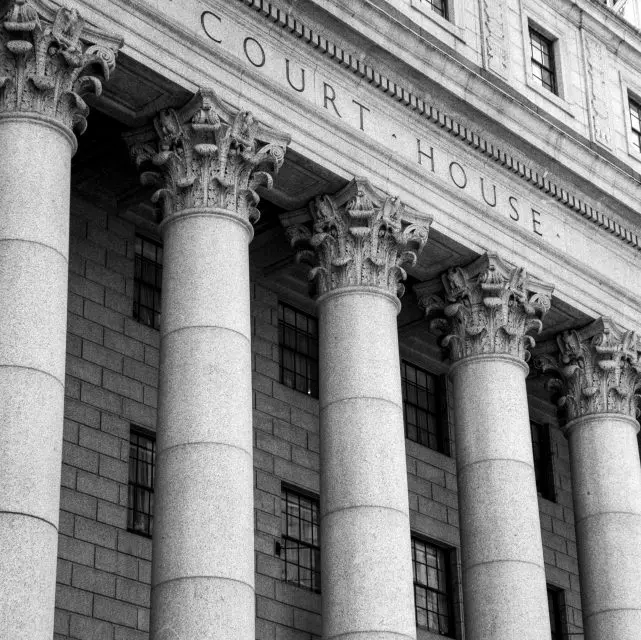
It’s Really About The Cameras
Old film cameras remain sought after to this day because so many of them are so beautifully designed. It has been said time after time that there are no truly bad cameras in today’s market — a sentiment I agree with.
But few of today’s digital cameras match the wildly diverse and unique aesthetics and ergonomics of yesteryear’s film cameras.
What comes to mind when you think of the Nikon F2 or Leica M3? How about a Rolleiflex TLR, Olympus OM-1 or Contax T3? Most people who have used one or more of these or other similar classic cameras hold them in extraordinarily high esteem.
Make no mistake, old cameras often come with a bevvy of quirks and are prone to failure (jammed mirror, broken light meter, obsolete battery type) because they’re…well…old.
But in terms of feel, fit and finish, classic cameras are generally unmatched by much of anything more modern. Some photographers shoot film simply to be able to use a particular camera.
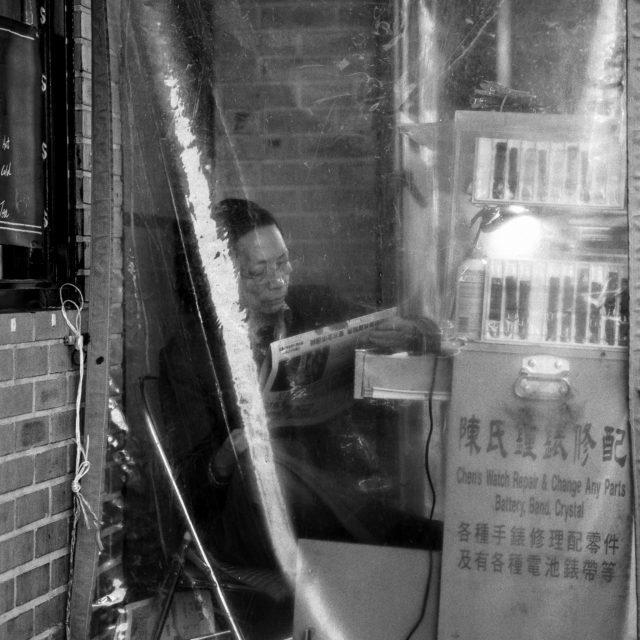
Creative Control
Anyone who creates things usually wants as much control as possible over the things they create. For photographers, one method of achieving this is by doing everything the analogue way. And there’s a lot to do: choose a film (black and white or color, slide or negative, 35mm or medium format) that is going to provide the desired look; load the film properly; shoot wisely, as there are a limited number of frames per roll; unload the film; develop the film; make prints.
Not all film photographers develop their own film and make their own prints, but those who do are simultaneously gaining more control and shouldering more responsibility. If your negatives turn out beautifully, you get all the praise. If they turn out poorly, it’s your fault. You can’t blame the lab.
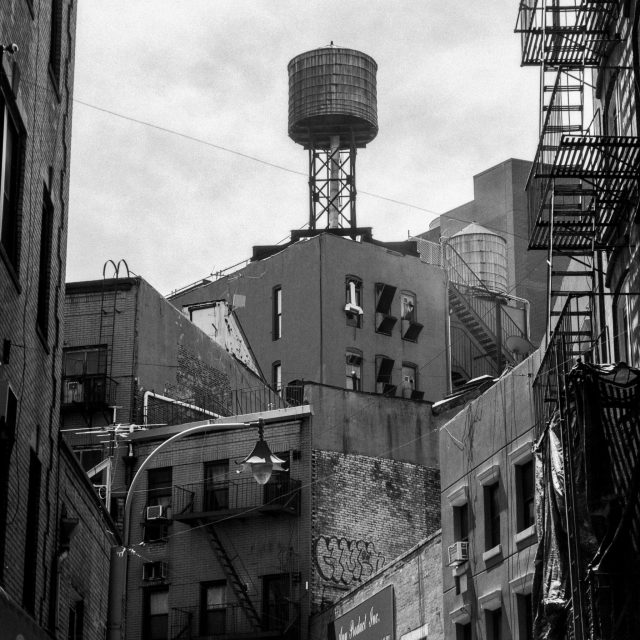
Final Thoughts (For Now)
The reasons for shooting film discussed above obviously don’t apply to all analogue photographers, and they may or may not be enough to encourage someone to try film photography for the first time.
This is simply an effort to provide some insight into what makes the film photographer tick, to think about for a moment why anyone would bother creating on a medium considerably less convenient than digital. Of course, there are other valid reasons and I will cover three more of them in a subsequent article.
Until then, happy shooting — whether film or digital.

